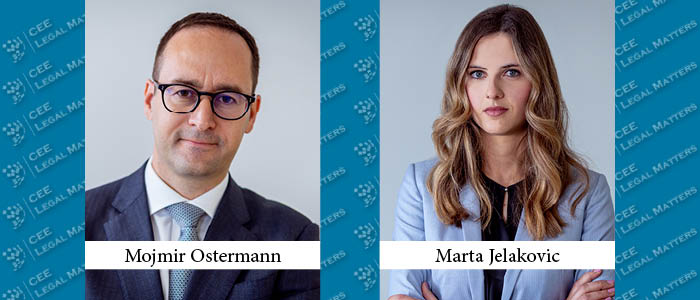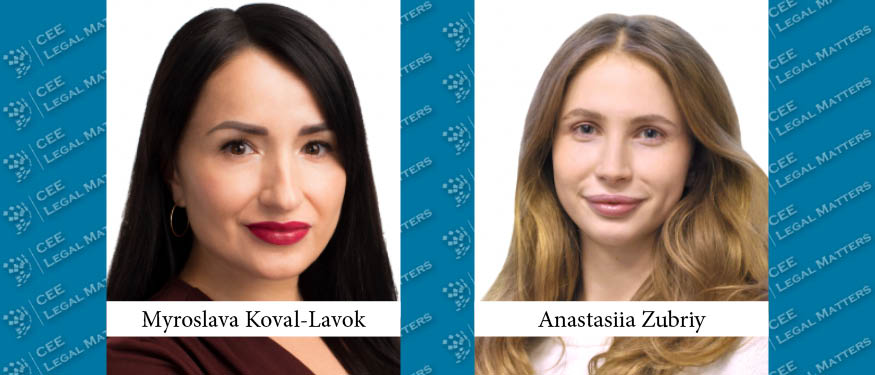Following global trends, Croatia has seen rapid growth in influencer marketing in the past few years. On one hand, the main benefit is evident: partnering with the right influencer helps a brand grow exponentially. On the other hand, same as with social media posts, the accompanying legal and reputational risks can go viral in no time, so brand companies, marketing agencies, and influencers should tread carefully.
Like other forms of advertising, influencer marketing is subject to legal restrictions, meaning potential legal risks are waiting just around the corner. Infringement of intellectual property rights, libel/slander, invasion of privacy, non-compliance with advertising laws – these are just some of the reasons why it’s essential to protect against potential liability.
All parties to influencer marketing should be aware of the Electronic Media Act, Consumer Protection Act, and Unlawful Advertising Act, as well as accompanying bylaws and guidelines.
The primary obligation imposed on all parties is that every ad, whether paid or free, has to be disclosed in a way that an average consumer can detect at first sight that a certain post was published in partnership with the promoted brand (e.g., use the tag “paid partnership”).
Furthermore, applicable laws prohibit any ads which could be perceived as unfair or misleading, e.g., falsely claiming that a product is recommended by a certified authority or that a product will only be available for a limited period of time, pointing out consumers’ rights as a special offer when those rights legally belong to all consumers, making false health claims, giving fake consumer reviews or recommendations, and, in general, any advertising that contains incorrect or incomplete information about the product, its price, or the advertiser.
After getting familiar with all the obligations, the question which naturally arises is: What are the consequences of non-compliance (fines, you are right to conclude) and who is liable?
The largest fines are prescribed in cases of unfair trading practices which can affect the collective interests of consumers in several EU member states – up to 5% of the company’s annual turnover. For offenses within national borders, the trader can be fined up to EUR 26,500 for unfair trading practices and up to EUR 133,000 for unlawful advertising.
Now here’s the catch. Pursuant to the Electronic Media Act, the person who published the ad is liable for unlawful advertising, but according to the Consumer Protection Act, it is the trader who is legally liable for unfair trading practices. However, the legal definition of a trader covers any person who acts in the name and on behalf of a trader, which could include both the marketing agency and the influencer. This conclusion still stands on shaky grounds as, unfortunately, there is no case law to confirm or disprove it yet.
A collective lawsuit can also be brought to stop or prevent misleading or unlawful comparative advertising which could harm other traders.
Additionally, the Code of Advertising and Market Communications was published by the Croatian Association of Communications Agencies (HURA). According to the HURA, the liability for violations of the code extends to all participants of the marketing ecosystem (marketers/traders, influencers, digital marketing agencies, etc.), proportionately to their role in the process. Although the HURA cannot directly impose fines, it regularly issues recommendations to marketers, publishers, and authorities to stop a certain project and inspect false statements.
To mitigate risks, it is recommended to add provisions in influencer agreements reminding influencers to follow the law (to disclose the fact that their post is a paid ad for the brand, to delete any comments which may be found to be misleading, etc.).
Additionally, approval processes and guidelines for influencer content should be established. The influencer should agree not to make any false or misleading statements about the company, its products or services, or its competitors as such statements may harm the company’s reputation and expose it to lawsuits.
In conclusion, even though national (and comparative) case law is still scarce, it seems that once the authorities take a more rigorous approach, each partner may be held liable to the extent they were involved. The brand may be responsible for providing the influencer with misleading or false information to be included in the ad, the marketing agency if it fails to provide adequate guidelines to the influencer, and the influencers if their ad content includes misleading information or they fail to disclose the sponsorship. The solution is, of course: hire a lawyer before you hire an influencer.
By Mojmir Ostermann, Managing Partner, and Marta Jelakovic, Senior Associate, Ostermann & Partners
This article was originally published in Issue 10.7 of the CEE Legal Matters Magazine. If you would like to receive a hard copy of the magazine, you can subscribe here.















